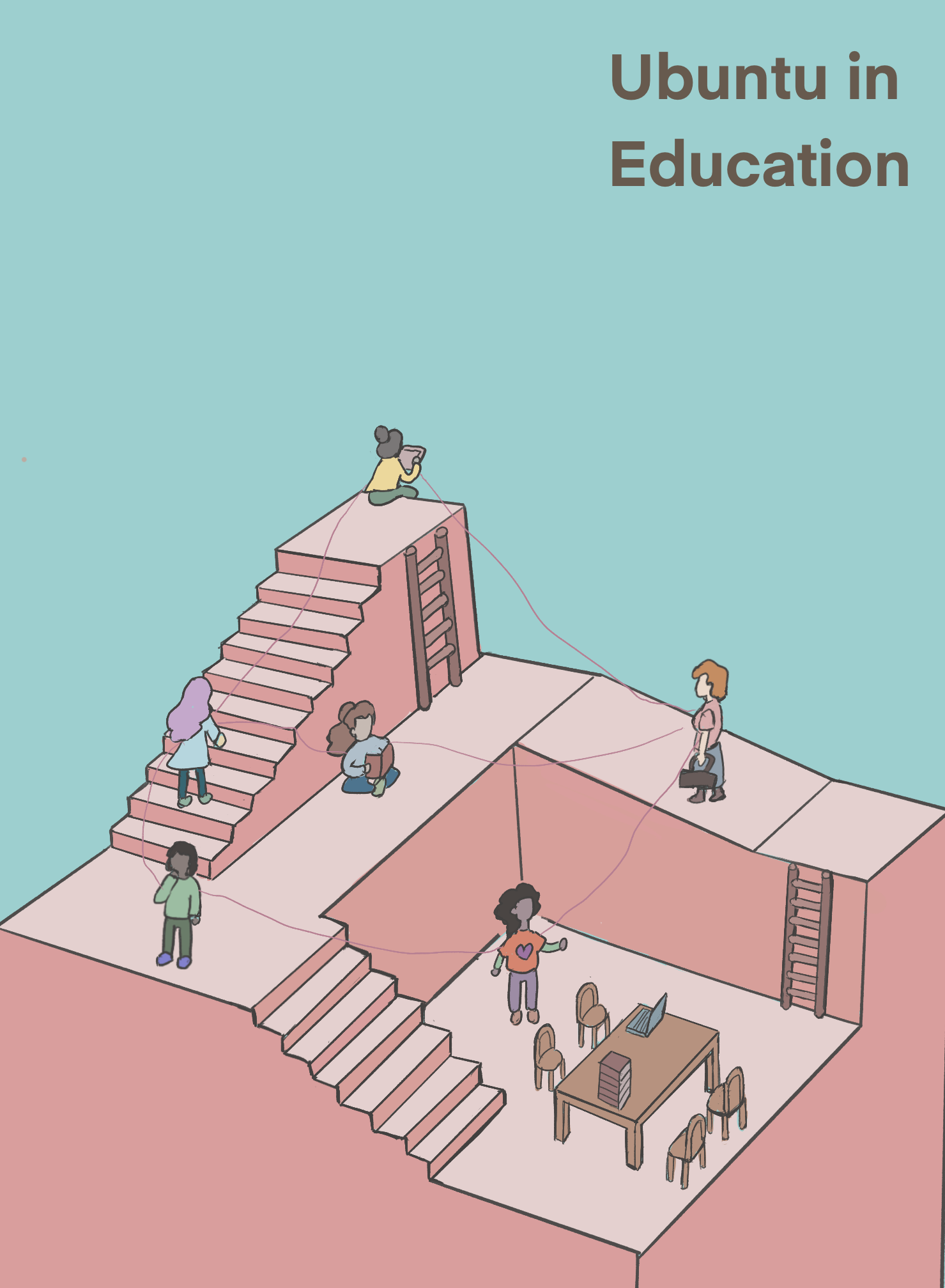
This festive period, Three Wise Women from the Faculty of Medicine will be giving us the gift of wisdom.
Ubuntu (ooh-bun-too) is a concept, a philosophy, a way of living in Africa. It highlights the interconnectedness of all individuals and encourages people to recognise their shared humanity. Here, Dr Sungano Chigogora, Senior Teaching Fellow in Epidemiology in the School of Public Health, explores the spirit of Ubuntu and why it should be at the heart of teaching and learning.
In Central and Southern Africa, Bantu means ‘people’ or ‘humanity’ to hundreds of millions of individuals whose languages have common ethnolinguistic roots. To them, Ubuntu is a core characteristic of humanity that extends beyond the individual, and recognises not only their humanity, but how they belong to a deep community in which they can participate, share, and grow. As observed by the late Archbishop Desmond Tutu, “Ubuntu is very difficult to render into a Western language. It speaks to the very essence of being human. … to give high praise to someone we say … ‘he or she has Ubuntu’. This means that they are generous, hospitable, friendly, caring, and compassionate” (Tutu, 1999).
The proverb “umuntu ngumuntu ngabantu” (with language and dialectic variations), communicates how a person is a person through or because of other people. It conveys autonomy, character, accountability, egalitarianism, and an inextricable bond to others. In action, ubuntu calls for empathy, inclusion, the fostering of positive environments, building of bridges, resilience, action, courage, empowerment, and living well together (Ngomane, 2019). It exists in all spaces inhabited by people: home, work, school, the market. Referred to as ‘Africa’s gift to the world’, Ubuntu was linked more broadly by the Dalai Lama to ‘the oneness of seven billion people’ (Houshmand, 2019).
Ubuntu is evident through everyday activities from the mundane (such as in greetings that reflect recognition of the value and dignity of the other person) to the divine (religion, ethics, philosophy). Children are given names that convey what they mean to the community; my own name, Sungano, is a bond, a promise, a covenant, the glue that keeps us together. I suppose it should be no great spiritual mystery then, that I strive to create connections wherever I go.
Fostering a sense of community in the School of Public Health
Growing up in Southern Africa, I lived Ubuntu, and view the world through its lens. My role as Course Organiser and Senior Teaching Fellow in Epidemiology in the School of Public Health (SPH) complements my temperament and views and allows me to practise Ubuntu every day. While my world view is dominated by Ubuntu, my sense of belonging in education was initially formed by the experience of being excluded through racial segregation (as a Black child in a previously Whites-only school) and then later by the ‘otherness’ of being a Black woman in academia. The diminished humanity therein invokes in me an Ubuntu that wants to protect my own students from similar experiences, and demands spaces for them that instil ownership, belonging and confidence.
Sense of belonging impacts the performance of both students and staff in Higher Education, as it stems from a fundamental human desire to belong. Until recently, recognition of this fell behind research outputs, innovation, and academic achievement, almost as though we who inhabit academia were above human needs. Teaching activities that explicitly encouraged community-building through individual expression, openness, camaraderie, socialising, and trust were either not intentionally championed, or just simply did not receive the attention (and funding) they required.
However, teaching and learning literature demonstrates how, through participation, students can become part of the academic (and public health) communities of practice (Lave and Wenger, 1999), where they can share learning, resources, and ideas, solve problems, and develop identities. Importantly, a sense of identity nurtured through Ubunturecognises the autonomy of the individual first, followed by formation of a unique academic and professional profile within this community. Thus, as a custodian of students on taught programmes in SPH, I take pride in making them feel unique and welcome, and having a personalised approach to their support and wellbeing. I also use my voice on the Postgraduate Taught Committee to elevate initiatives that encourage student belonging and inclusion, and am fortunate to share this platform with like-minded colleagues who are working tirelessly towards the same goals.

Ubuntu in a changing world
I recently completed the Master of Education in University Learning and Teaching, where the topic for my final research project was, “Maximising inclusivity, belonging and self-efficacy in blended online and in-person teaching and learning: An exploration of master’s teacher and learner perspectives in the Imperial School of Public Health”. This topic not only belies my interest in student sense of belonging, but highlights the fact that students are now learning in an ever-changing arena of global upheavals and developments in technology and artificial intelligence. Findings from this research led to several exciting recommendations for improved community-building in SPH, including consideration of how module and session planning can be approached with this in mind. My findings also highlighted how attributes such as attentiveness to others, ability to participate, resilience, and hope – which we can cultivate and embody through the spirit of Ubuntu – may transcend any challenges or changes. When we recognise that we are human beings and citizens first, and respect our social contract in Higher Education and beyond, we can continue to grow and thrive as learners, instructors, and researchers.
Dr Sungano Chigogora is a Senior Teaching Fellow and Course Organiser on the MSc in Epidemiology. She co-leads the Research Methods module, which is compulsory for Master of Public Health and MSc Epidemiology students. Her role includes curriculum development, teaching, pastoral care, and oversight on the delivery of all aspects of the MSc in Epidemiology.
References
Houshmand, Z (2019). Available at: https://ubuntudialogue.org/ubuntu-africas-gift-to-the-world
Ngomane, N. M. (2019). Everyday ubuntu: Living better together, the African way. Random House.
Tutu, D. (1999). No future without forgiveness. New York: Image.